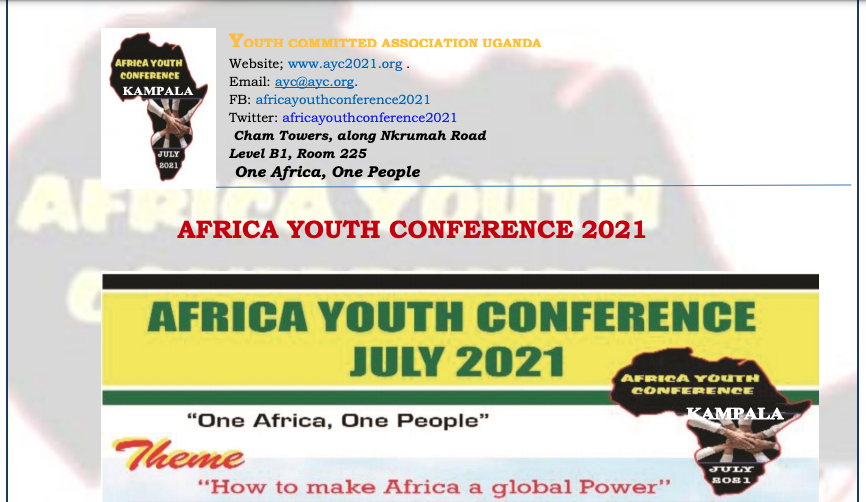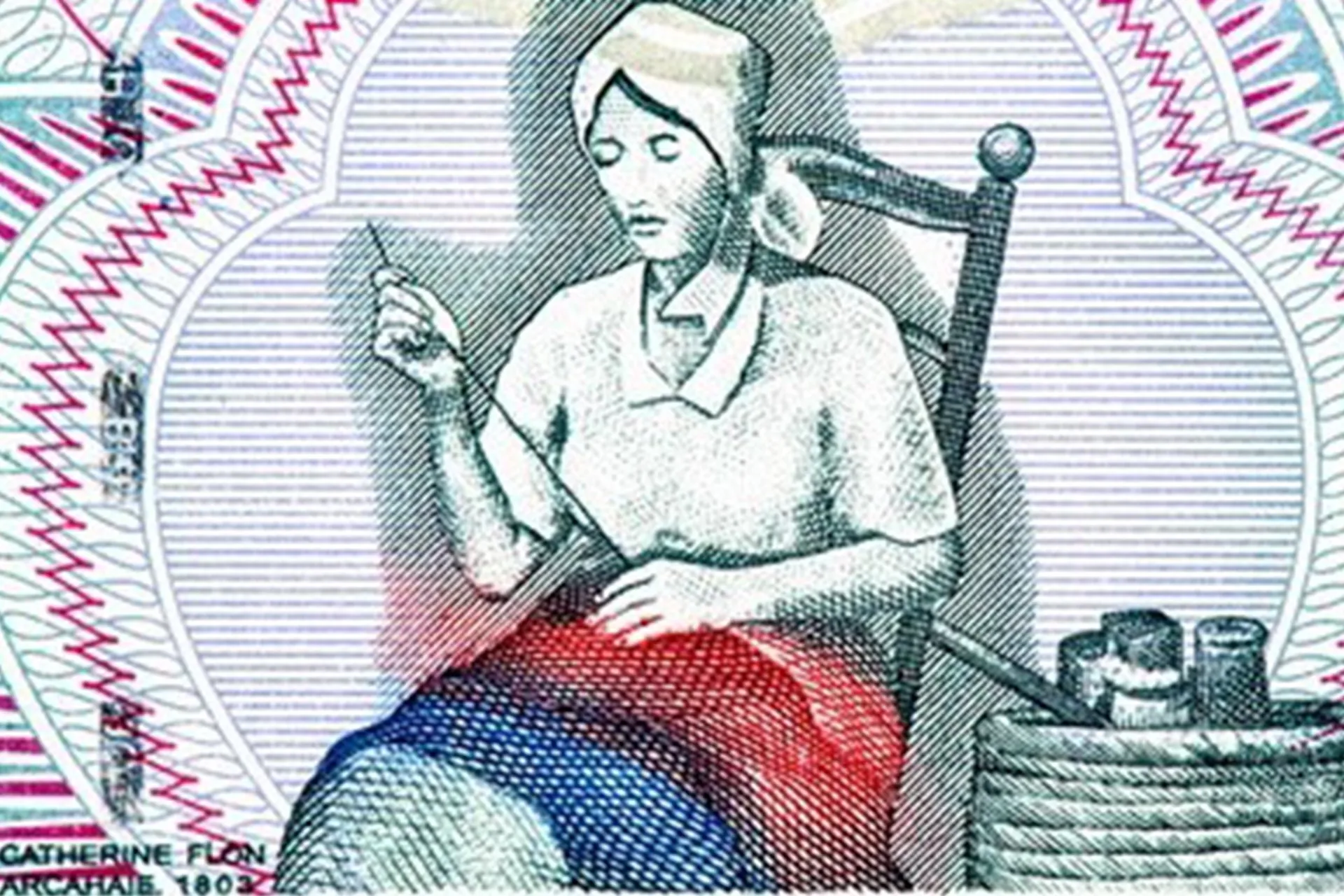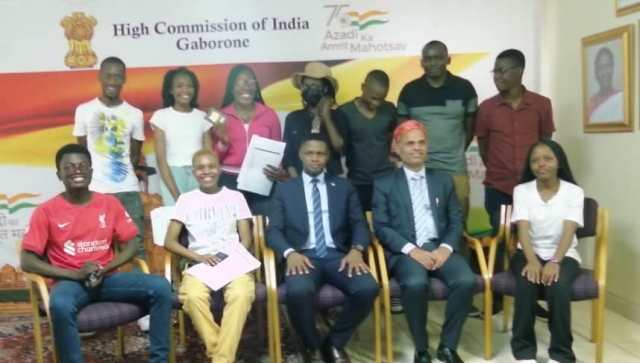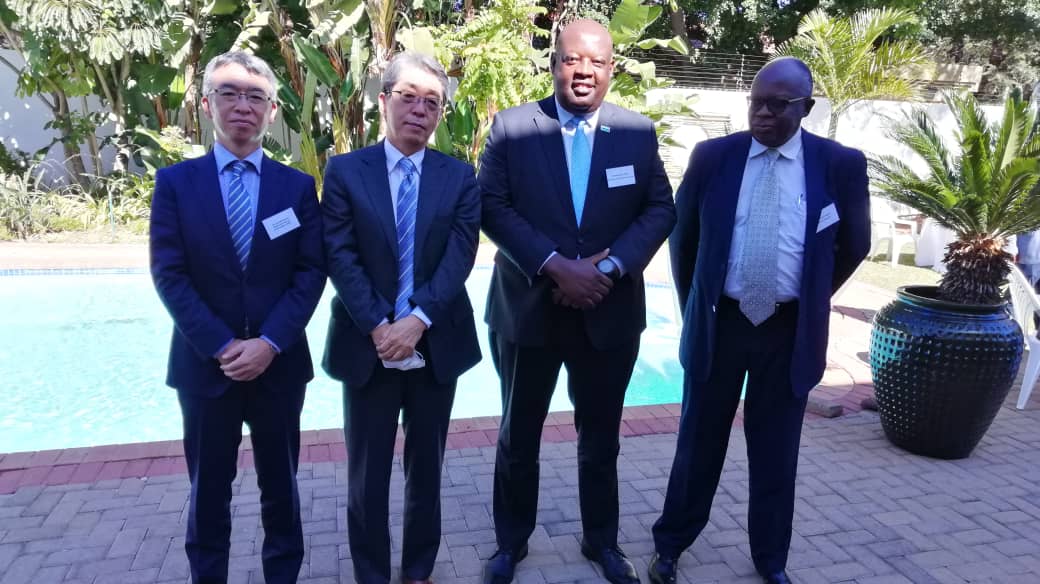
Germany has announced a project for migrant centres in five African countries which would offer a select category of Africans the possibility of settling on its soil. The Conversation Africa’s Assane Diagne spoke to sociologist Aly Tandian about the significance of this decision.
Why is Germany considering bringing skilled labour into the country and how does it propose to do so?
In Germany, the policy of bringing in skilled labour has grown in recent years through a “welcoming culture”. This has greatly facilitated the arrival and, above all, the integration of many migrants. For instance, Germany welcomed nearly one million refugees during the Syrian crisis in 2015. This motivated the award of the Nansen Prize of the United Nations High Commissioner for Refugees to Chancellor Angela Merkel. The suggested centres would ease rules for skilled foreign workers even further.

However, the reception of these migrants is far from being motivated by simple humanitarian reasons. In Germany, as in many other European countries, immigration provides solutions to demographic and economic problems.
It can help balance an ageing society and finance the pension system, as well as compensate for the current shortage of skilled workers. The need for skilled workers is so great that Germany has adopted several new reception policies.
The new fast-track procedure that’s being proposed for skilled labour essentially simplifies the recruitment of qualified foreign workers. It allows employers to apply for recognition of foreign qualifications in order to facilitate the visa application of a worker being recruited. To get the visa the qualified worker must then present a work contract or a concrete job offer. The country’s Federal Employment Agency will no longer check whether the candidate is from Germany or the EU for the specific position.
Which African countries will be affected and what kind of people are sought?
In addition to Ghana, Germany will establish centres in Morocco, Tunisia, Egypt and Nigeria.
The people sought are skilled workers with vocational training, skilled workers with academic training, researchers, scientists and managers.
What are the implications of such policies?
Recently, the German development minister, Svenja Schulze, spoke of win-win solutions, but we need to put this into perspective.
This encourages brain drain – the exit of skilled people from African countries. Another similar approach is France’s policy to attract skilled labour. The French government plans to create a specific residence permit for foreign doctors. According to the Organisation for Economic Cooperation and Development (OECD), in 2022 France hired some 25,000 foreign-born doctors, or 12% of the total number of practitioners registered with the Ordre des Médecins.
The exodus of qualified migrants can lead to a loss of skills, ideas and innovation, a loss of investment in education, a loss of tax revenue, a loss of crucial services in the health and education sectors. For instance, Ghana is in dire need of a skilled workforce, but it is one of the African countries Germany is targeting.
This policy of skilled recruitment in the global south by countries of the global north creates a situation in which countries of origin are incubators where experts are born, educated and trained before they leave for other destinations.
This form of skilled labour migration should be rethought and above all supervised on both sides. It also raises a question of ethics. It is difficult not to think about ethics because this recruitment model will deprive African states of the personnel they need.
Agreements should be signed between states and not commitments between skilled workers and employers. In addition, a rigorous framework that benefits workers, employers and states would avoid making foreign workers, who are paid less than their national colleagues, less precarious.
What can be done to retain skilled workers in their country of origin where there is a lack of expertise in their fields of activity?
African countries must have their own migration agenda. They should encourage the mobility of skilled experts supported by circular migration. With circular migration, it will be possible for skilled experts to work in several countries on a rotational basis while enjoying rigorous protection.
Circular migration is a way of serving the labour market needs of destination countries, promoting development in countries of origin and benefiting the migrants themselves, so we can say that it is a “triple win”.
SOURCE: The Conversation









